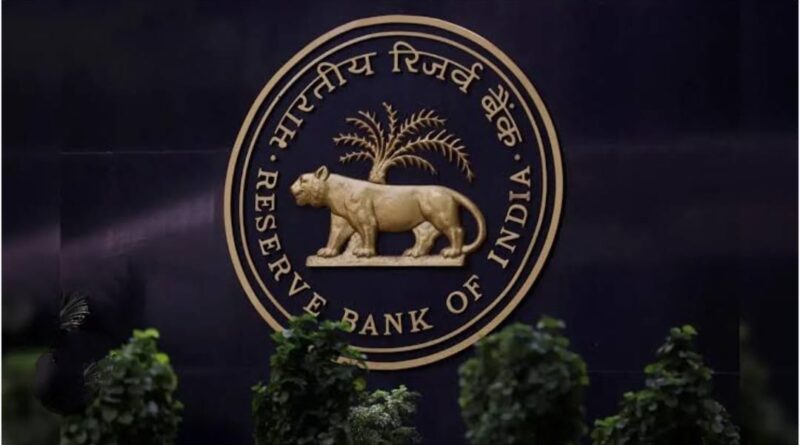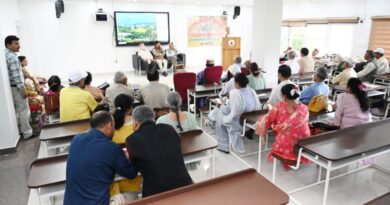Farmers’ Association Condemns RBI’s Surplus Transfer
It will only benefit big business houses run by the wealthy
Demands surplus funds be allocated to NABARD and MGNREGA schemes
The public wants employment generation and a curb on farmers’ suicides
All India Kisan Sabha (AIKS) and Himachal Kisan Sabha have expressed deep concern over the recent decision by the Reserve Bank of India (RBI) Central Board to transfer a record ₹2.69 lakh crore surplus to the central government for the financial year 2024-25. The RBI took this decision after revising its economic capital framework, which facilitated the smooth transfer of surplus funds to the central government. The dividend transferred to the central government for 2024-25 is 27% higher than the ₹2.11 lakh crore surplus transferred in 2023-24.
The Indian state, controlled by big businesses, has been systematically eroding the autonomy of the RBI in line with its anti-worker macroeconomic policies in the post-reform era. Since Modi came to power in Delhi, the dominance of global finance in macroeconomic and monetary policymaking has increased, forcing the RBI to consistently serve the interests of the ruling classes. Given the trajectory of the RSS-BJP-led government, it can be said that the current surplus transfer will only benefit wealthy business houses running big corporations.
This is evident from the fact that the RBI and the central government have rejected the demand raised by the All India NABARD Employees Association (AINBEA) that a significant portion of the RBI’s surplus should be transferred to the National Bank for Agriculture and Rural Development (NABARD) to revive agriculture.
AINBEA argued that by transferring surplus funds to NABARD—which is struggling with a shortage of funds—by implementing provisions in the NABARD Act and the RBI Act, interest rates for borrowers such as farmers and farm laborers could be reduced through cooperative societies and Regional Rural Banks (RRBs). This could have provided much-needed relief to farmers devastated by the agrarian crisis. According to government data, 31 farmers in India are forced to commit suicide every day. The fact that corporate loans worth over ₹16 lakh crore have been waived since Modi came to power in 2014 highlights the depth of Modi’s corporate love story. Meanwhile, the Modi government has not waived a single rupee of the debt of farmers and agricultural laborers during this period.
The Kisan Sabha believes that the cash-strapped MGNREGA scheme—for which only ₹86,000 crore has been allocated in the 2025-26 central budget—is a lifeline for millions of rural poor, providing an average daily wage of ₹300 and just 45 days of work, against the target of 100 workdays. If a significant portion of the RBI’s surplus is transferred to MGNREGA, it could provide rural poor with ₹600 per day as wages and 200 workdays, as demanded by organizations of farm laborers, small and medium farmers, and rural workers. This would increase the purchasing power of working people and boost economic growth across all sectors. The Kisan Sabha believes that adequate funding for MGNREGA and linking it with agriculture is essential to address the agrarian crisis.
The Kisan Sabha appeals to farmers and all working people to intensify their struggle against imperialism and the pro-corporate policies of the central government and to conduct the widest possible campaign among the toiling masses under worker-peasant joint action to make the All India General Strike on July 9 a success.



